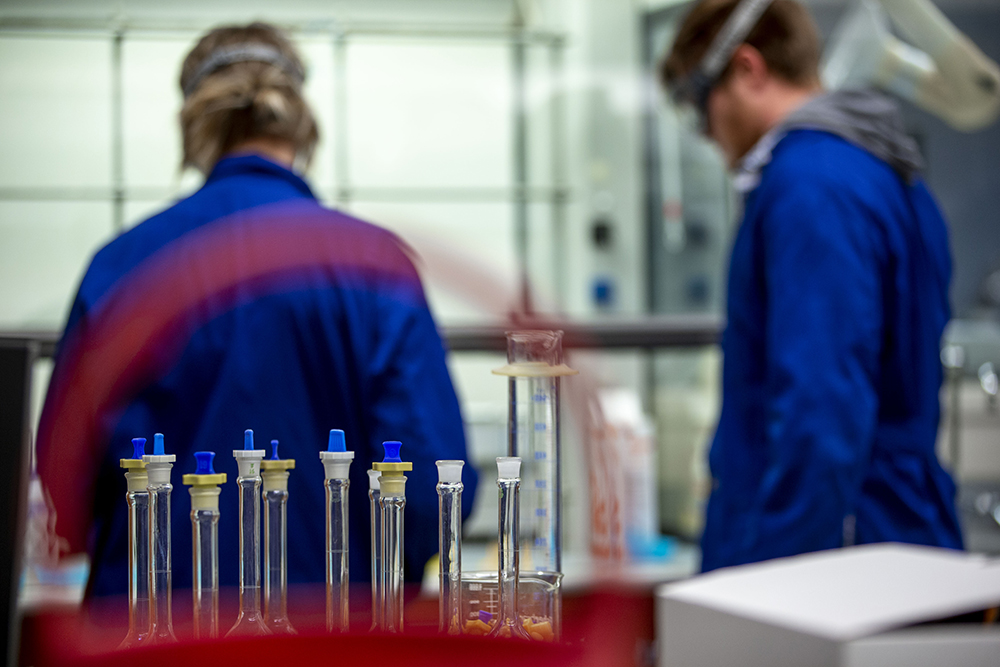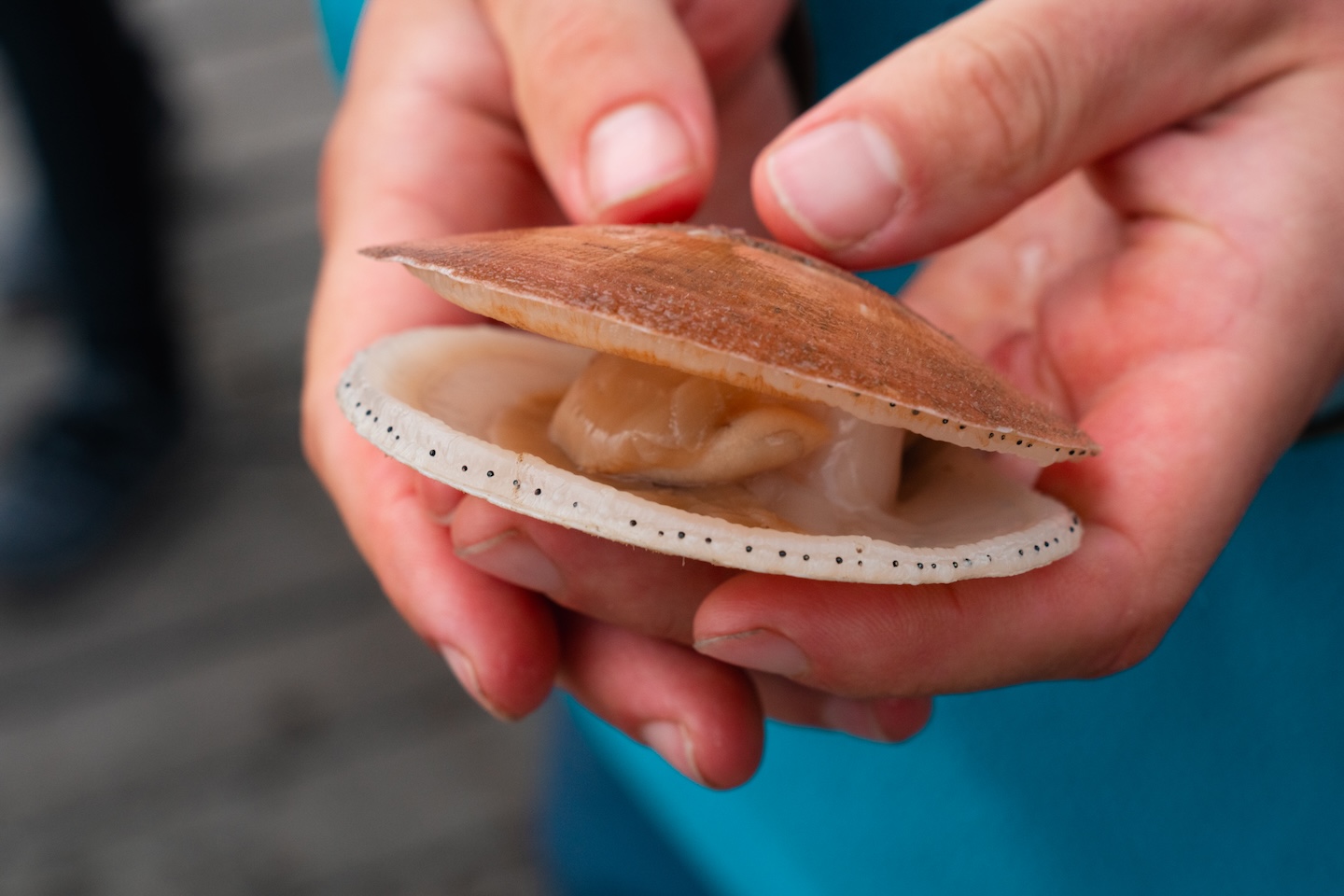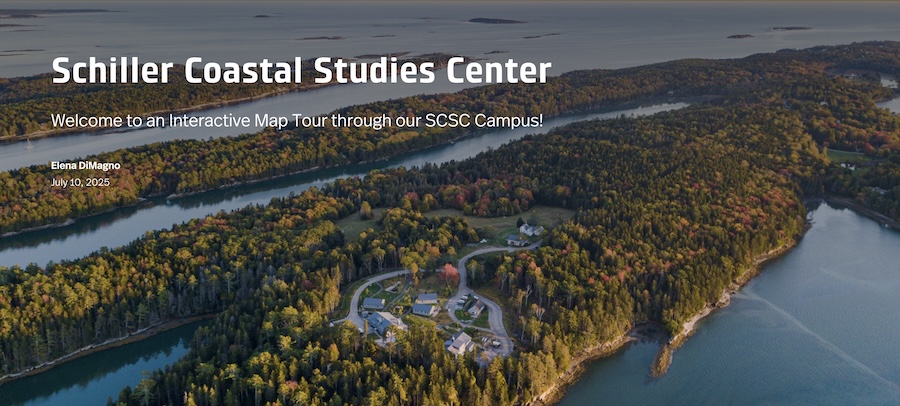Bowdoin’s Schiller Coastal Studies Center Secures Water Monitoring and Eel Grass Restoration Funding
By Bowdoin NewsBacked by nearly $150,000 in grants, the Schiller Coastal Studies Center (SCSC) is deepening its commitment to understanding and sustaining Casco Bay.

Two grants funded wholly or in part by the United States Environmental Protection Agency will support SCSC’s water quality monitoring and eelgrass restoration efforts in Casco Bay.
The College has secured more than $23,000 to create a new water quality monitoring station to be located on the SCSC pier.
Funded by Casco Bay Estuary Partnership through a Monitoring Infrastructure Grant under the Infrastructure Investment and Jobs Act, Bowdoin will acquire the instrumentation needed to establish a long-term water quality monitoring station at the SCSC on Harpswell Sound.
The explicit purpose of the proposed station is to track and better understand water quality within Casco Bay and to make water quality data easily accessible for both internal and external stakeholders.
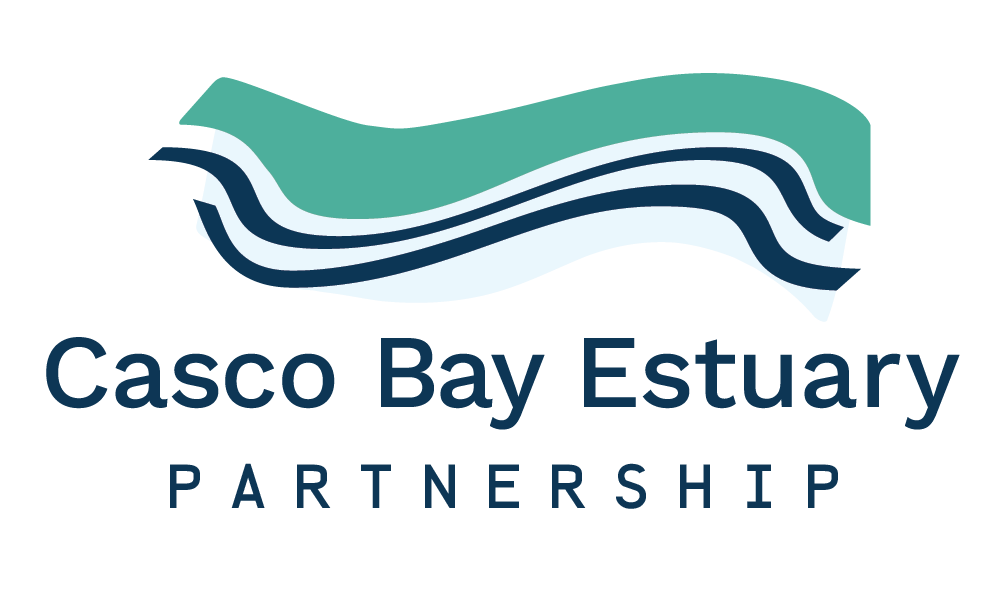
The establishment of the station at the SCSC will extend the network of water quality monitoring in Casco Bay to Harpswell Sound.
“The waters and shorelines of the sound are important to the working waterfront of the region supporting oyster aquaculture, lobster and crab fishing, and clam, worm, bait, and scallop harvesting,” said SCSC director Holly Parker.
“All of these fisheries are influenced by and connected through the waters that they share.”
Water will be sampled at a minimum of fifteen-minute intervals. Data collected from the monitoring station, which will include parameters such as pH and temperature, will be temporally aggregated and made freely available through the SCSC website, along with quality assurance/quality control (QA/QC) metrics.
The SCSC, in collaboration with several local partners, also secured a second award of more than $124,000 in support of eelgrass restoration efforts in Casco Bay.
Funded through the Restore America’s Estuaries National Estuary Program Watersheds Grant Program, the collaborating partners are the project’s primary investigator at the Casco Bay Estuary Partnership, the Collaborative for Bioregional Action Learning and Transformation (COBALT), Friends of Casco Bay, USFWS Gulf of Maine Coastal Program, Manomet, Maine Department of Environmental Protection, and the SCSC.
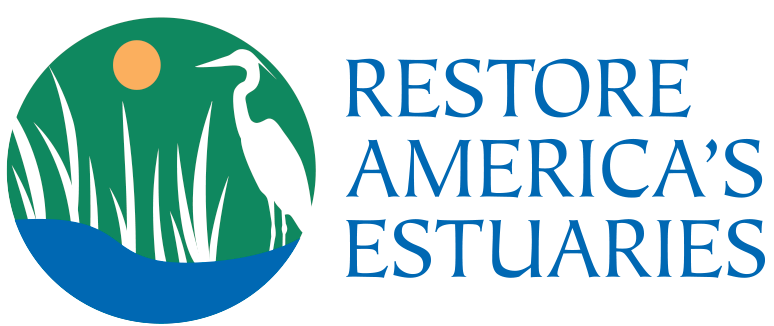
“This project seeks to build capacity and pathways to support long-term, large-scale eelgrass restoration and recovery in Casco Bay, where we have lost more than 60 percent of our eelgrass meadows,” Parker said.
“These meadows are vital habitats that support healthy water quality, support coastal fisheries and working waterfronts by providing essential nursery habitat, sequester carbon, and reduce coastal erosion.”
Following successful collaborations in 2024 and 2025 that included Lucy Dutton ’25 and Anne Sophie Kagan ’26, this project will ensure the work continues to evolve as SCSC collects and analyzes data through the 2026 and 2027 seasons.
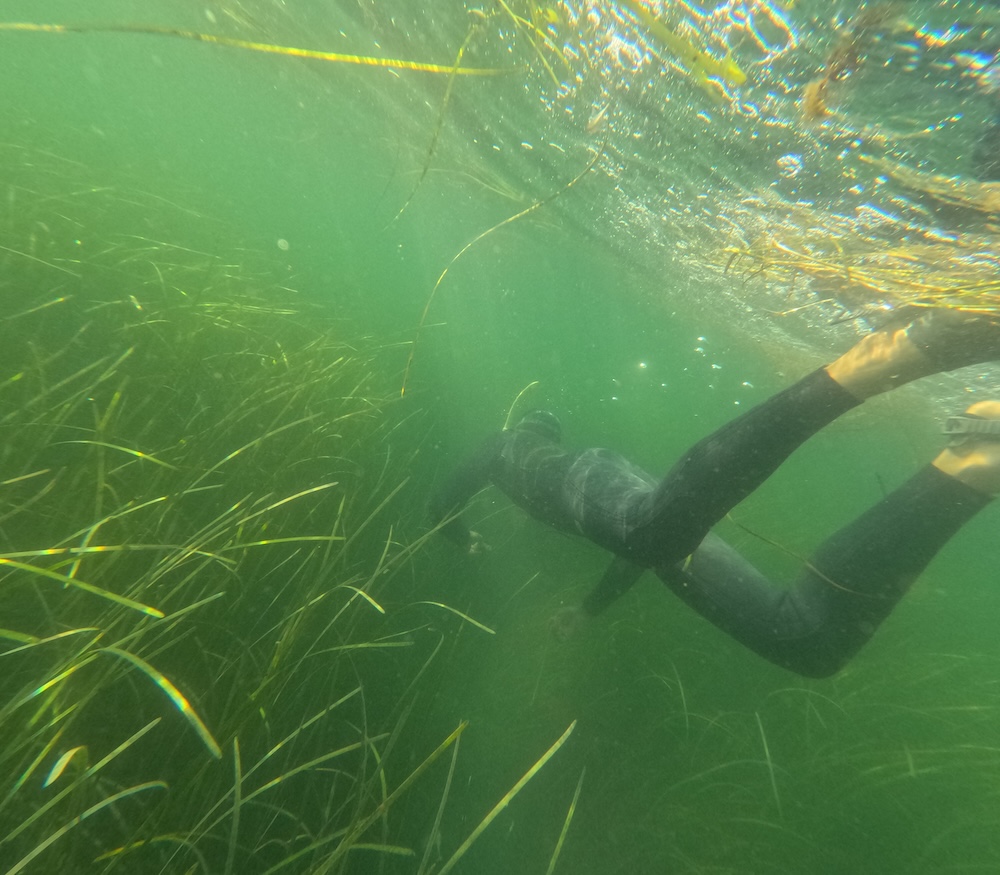
The SCSC will lead the design of eelgrass seed maturation and storage facilities and evolve seed processing methods in support of seed-based restoration efforts in Casco Bay.
The SCSC will also conduct water quality, sediment, and light monitoring of target eelgrass beds nearest to the center.
Additionally, each season, three Bowdoin students will have funded internships to work on the project; two students will intern with COBALT, receiving training in scientific diving and monitoring, harvesting and reseeding eelgrass meadows; and a third student will be employed as a coastal research assistant and support the lab-based seed maturation and collection processes and analyze data.
Together, the nearly $150,00 from these awards support the SCSC’s commitment to contributing to local efforts to collect and share the data it needs to protect and conserve local waters and habitats and create impactful experiences for Bowdoin students.
These projects have been funded wholly or in part by the United States Environmental Protection Agency under cooperative agreement 4T-00A01151 to University of Maine and Casco Bay Estuary Partnership and cooperative agreement 84044301 to Restore America’s Estuaries. The contents of this document do not necessarily reflect the views and policies of the Environmental Protection Agency, nor does the EPA endorse trade names or recommend the use of commercial products mentioned in this document.
